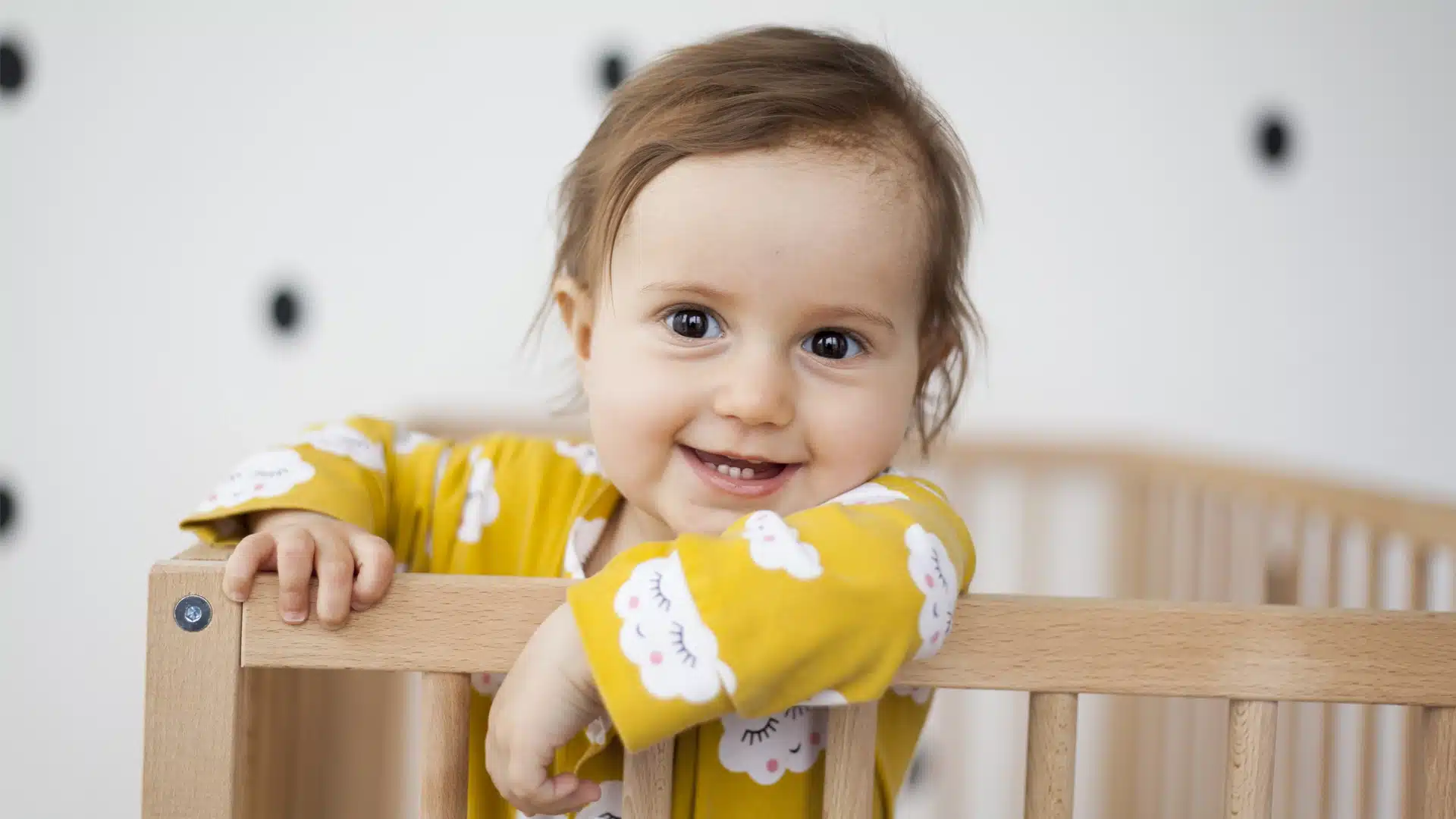Home / Safe Sleep and Safer Pregnancy / Overview
We are here to support parents and carers through Pregnancy, Birth and Baby. Discover more about pregnancy, birth, safe sleep and more by selecting from the options below.

We know how much you want to keep your little ones safe and healthy. That’s why we offer trusted resources to support you through pregnancy, infancy, and early childhood. Our mission is simple – to reduce the risk of sudden and unexpected deaths.
Whether you’re after safe sleep tips, safer pregnancy advice, or general guidance, our easy-to-understand resources are here to help. Everything we share is developed by experts and regularly reviewed by Midwives, Safe Sleep Educators, and our National Scientific Advisory Group to ensure it’s accurate and current.
Parenting can be overwhelming at times, but you’re not alone. Reach out with your questions — we’re always here with practical support and guidance. You’ve got this!
We’re here to help! Our FAQ section is packed with answers to some of the most common questions parents and carers have about safe sleep, safer pregnancy, and child health. Take a look through, and if you don’t find what you need, we’re always just a message away!
Most babies start rolling around 4-5 months, and some may prefer to sleep on their side or tummy. However, it’s important to always place your baby on their back to sleep. Once your little one starts rolling, it’s time to transition from a bassinet to a cot, stop wrapping, and increase tummy time when they’re awake. Once they can roll confidently on their own, they can sleep in their preferred position, but always make sure to place them on their back initially.
The general recommendation is that babies and toddlers should not stay in a car seat or capsule for long periods, especially if they’re sleeping.
Once the car journey is over, it’s really important to take your baby out of the car seat or capsule, even if it means waking them up. Spending too much time in these seats is not safe for your baby.
Research shows that:
For more information, check out our guidelines on car seat safety here.
The safe sleep advice for twins is similar to that for single babies. However, if you’re considering co-bedding (sleeping twins in the same cot), there are some important safety guidelines to follow.
It’s important to avoid co-bedding, as it can be risky if one twin’s body accidentally covers the other’s face, which could interfere with their breathing. This is particularly a concern when twins are sleeping side-by-side.
For more details, you can check out our guidelines on sleeping twins in the same cot here.
Babies regulate their body temperature through their head and face, so it’s important to keep their head and face uncovered while they sleep. If you’re unsure whether your baby is too hot or too cold, you can check by feeling their back or tummy, which should feel comfortably warm. If needed, you can add or remove a layer of clothing or bedding, but always make sure their head and face stay uncovered.
There isn’t a specific room temperature that’s recommended for safe sleep, as no evidence suggests it prevents sudden infant death. Instead, focus on dressing your baby appropriately for the room temperature, as you would dress yourself—comfortably warm, not too hot or cold. A great way to check is by feeling your baby’s back or tummy, which should feel warm, but don’t worry if their hands and feet feel a bit cool; that’s normal.
For more detailed tips on safe dressing and bedding, check out our guidelines here and here.
While Red Nose doesn’t provide advice on specific products, we do have general guidelines for covering prams. It’s important to be cautious with any covering, as it can reduce airflow, increase the temperature inside the pram, and make it harder to see your baby. These factors can impact your baby’s safety, so it’s essential to ensure good air circulation and visibility when using any cover.
For safe sun protection, consider using a sunhat for your baby or a breathable, mesh shade that allows air to flow freely. You can find more information on pram covering and its potential risks in this article here.
You may also find the following resources useful for more tips: CPR Kids – Pram Temperature Test Results and CPR Kids – The Dangerous Pram Mistake.
Red Nose does not promote the use of baby monitors as part of our health campaign to reduce the risk of sudden unexpected death in infancy (SUDI), which includes SIDS and fatal sleeping accidents. There is no scientific evidence to show that using a monitor reduces the risk of SUDI.
However, we understand that many parents find monitors helpful for peace of mind. It’s important to remember that monitors should never be used as a substitute for safe sleeping practices. Always follow the safe sleep guidelines, regardless of whether you’re using a monitor.
Most monitors available in baby stores may not meet the same standards as those developed for medical use.
While audio-visual monitors and movement monitors are popular, many parents find that false alarms can be disruptive. If you choose to use a monitor, it’s important to complete an infant resuscitation course, so you’re prepared in case of an emergency.
For more information, you can read about baby monitors and their use here.
Find Safe Sleep & Safer Pregnancy advice in your language
Good job! Please give your positive feedback
How could we improve this post? Please Help us.